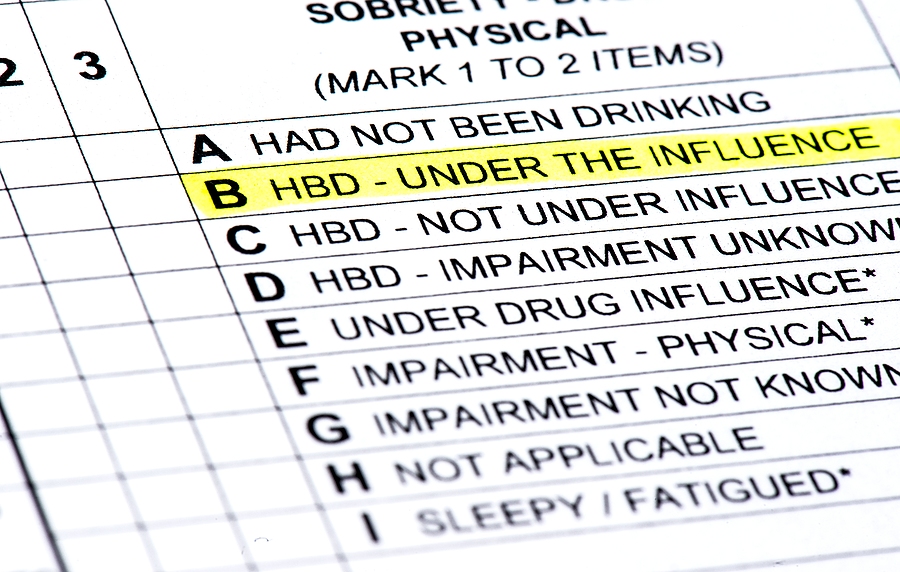 Every person charged with a crime in the United States is entitled to a speedy trial. This is a federal constitutional right guaranteed by the Sixth Amendment to the United States Constitution which states, [i]n all criminal prosecutions, the accused shall enjoy the right to a speedy and public trial…” The State of Florida also made this a state constitutional right in Section 16 of the Florida Constitution, which states that in all criminal prosecutions the accused shall, upon demand…shall have the right…to have a speedy and public trial…
Every person charged with a crime in the United States is entitled to a speedy trial. This is a federal constitutional right guaranteed by the Sixth Amendment to the United States Constitution which states, [i]n all criminal prosecutions, the accused shall enjoy the right to a speedy and public trial…” The State of Florida also made this a state constitutional right in Section 16 of the Florida Constitution, which states that in all criminal prosecutions the accused shall, upon demand…shall have the right…to have a speedy and public trial…
The Florida Supreme Court adopted Florida Rule of Criminal Procedure 3.191, which provides that every person charged with a crime be brought to trial on a misdemeanor within 90 days of arrest on a misdemeanor and within 175 days of arrest on a felony. The Rule states that the time period commences when the person is taken into custody, which is defined as “when the person is arrested as a result of the conduct or criminal episode that gave rise to the crime charged;” There are exceptions to these timeframes and the most common exception is when the person charged waives their right to a speedy trial. There are valid reasons to waive that right. Basically, a person is not entitled to have their cake and eat it too. In other words, a person charged with a crime is going to need time to investigate the case, to potentially take depositions, to conduct legal research, to file motions and have motion hearings, and to otherwise conduct pretrial negotiations and/or litigation. So, if a person demands a speedy trial, that person is necessarily not going to have additional time to prepare a defense. So, in most cases, a person charged is going to move to continue the case to allow for preparation. However, what happens when the time has expired before the person has waived his or her right to a speedy trial?
In State v. Williams, Ms. Williams was arrested on October 8, 1999. The State filed formal charges on May 3, 2000, which was 206 days after her arrest. Ms. Williams filed a motion for discharge alleging that the State failed to bring her to trial within the time allowed by Florida Rule of Criminal Procedure 3.191. Under subsection (p)(3), the defendant can file a notice of expiration of speedy trial and then the trial court must conduct a hearing within five days and set the case for trial within 10 days. This is referred to as the “recapture period.” So, the trial judge treated the motion for discharge as a notice of expiration of speedy trial and held a hearing and scheduled the case for trial within 10 days. Ms. Williams objected, arguing that she should have been discharged because the time frame had expired.
 Jacksonville Criminal Lawyer Blog
Jacksonville Criminal Lawyer Blog



 Every person charged with a crime in the United States is entitled to a speedy trial. This is a federal constitutional right guaranteed by the
Every person charged with a crime in the United States is entitled to a speedy trial. This is a federal constitutional right guaranteed by the 


